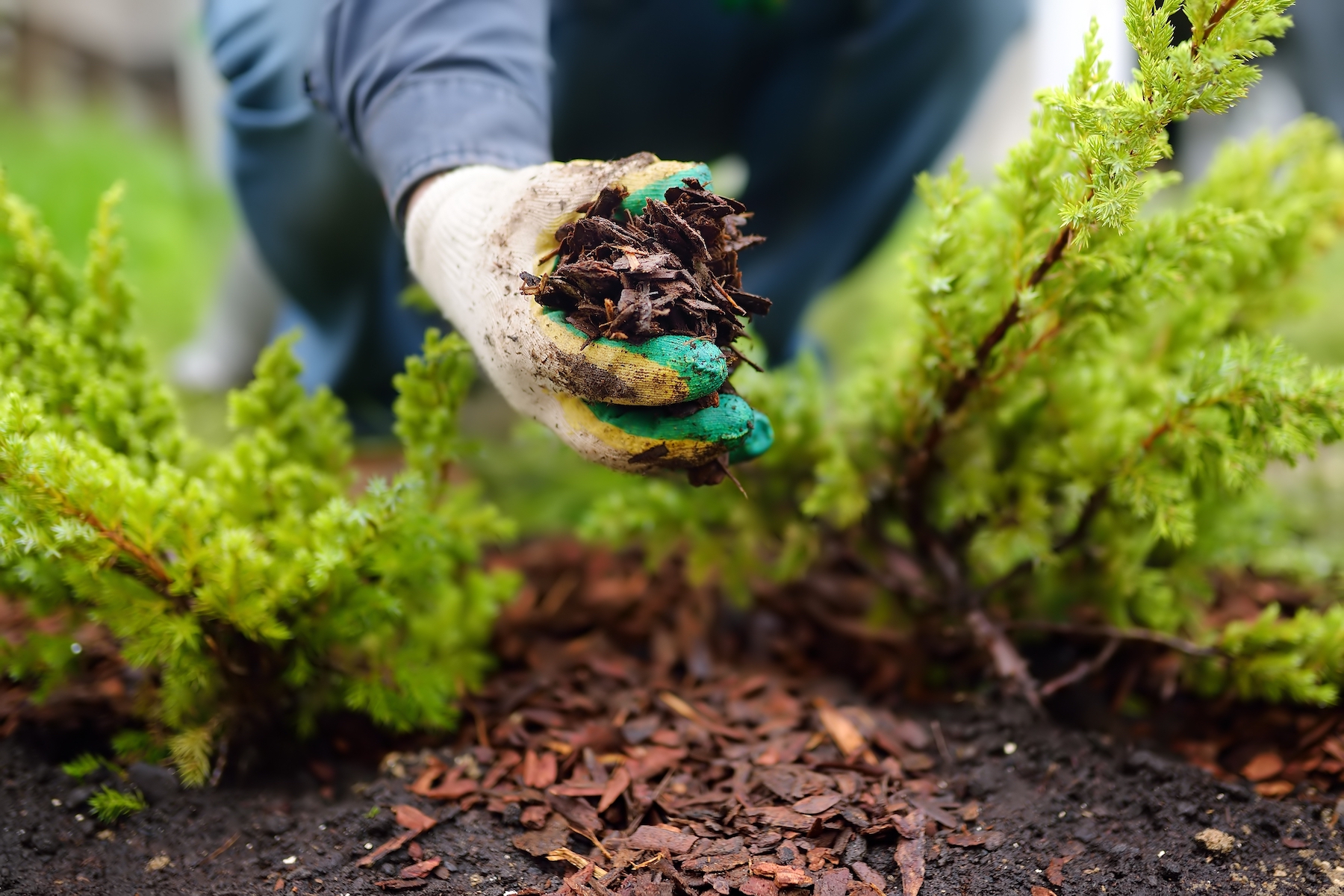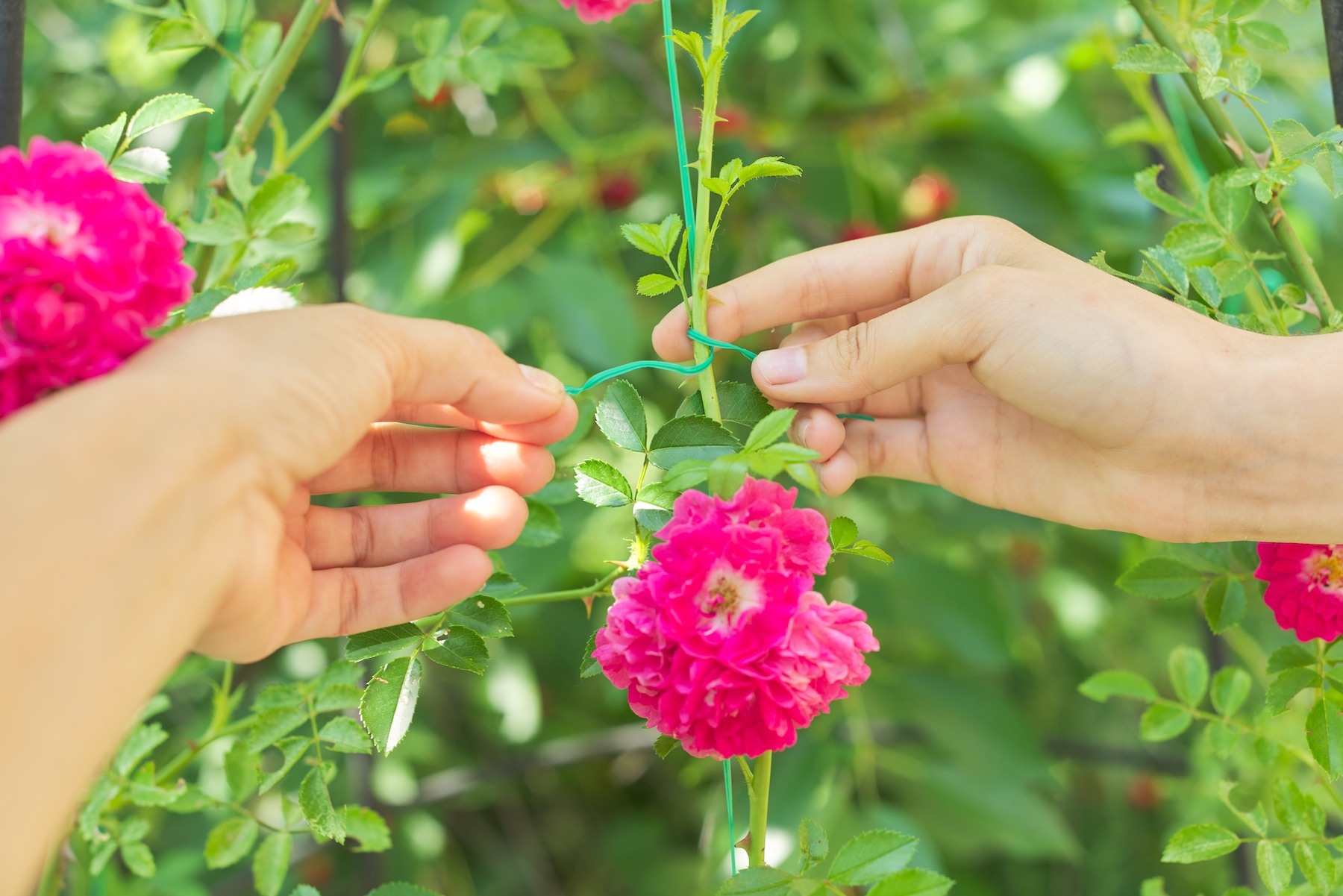If you’re like most gardeners, you’re always on the lookout for ways to get rid of pests without using harmful chemicals. Pesticides can be dangerous not just for the pests they’re meant to kill, but also for the environment and for your own health. In this blog post, we will discuss natural ways to rid your garden of pesky pests!
Why not use pesticides?
Pesticides are bad for the environment for a number of reasons. First, they can kill off beneficial insects along with the pests they’re meant to target. This can disrupt the delicate balance of nature and lead to an increase in the population of pests. Second, pesticides can contaminate water supplies and soil, making them unsafe for both plants and animals. Finally, pesticides can be dangerous to humans if they come into contact with them. They can cause nausea, headaches, and other health problems. For all these reasons, it is best to avoid using pesticides whenever possible and to use natural methods to get rid of pests instead.
Snails & Slugs
Snails and slugs are often a gardener’s worst enemy, as they munch on lots of plants! There are a number of ways to naturally deter snails from your garden. One way is to place copper barriers around your plants. Copper reacts with the slime that snails produce, making it difficult for them to move. You can also try using diatomaceous earth, which is a natural substance made up of fossilized algae. It scratches the surface of the snail, causing it to dehydrate and die. Snails and slugs have soft skin that’s sensitive, so they don’t like to travel over rough surfaces. For this reason, lining your garden or plants with eggshells, coffee grounds, or fine hair also has them turning the other direction. Finally, you can plant garlic or onions around your garden; both of these plants contain compounds that repel snails.
Pincher Bugs (Earwigs)
Earwigs are a common garden pest that can cause a lot of damage. They are attracted to moist environments, so they often invade gardens and homes near bodies of water. Earwigs feed on a variety of plants, flowers, and fruits, and can do serious damage to them. They have pincers on their rear ends which they use to pinch plants and suck out the sap. This can stunt the growth of plants and make them vulnerable to other pests and diseases. In addition, earwigs often carry harmful bacteria on their bodies which they can spread to plants.
If you have an earwig problem in your garden, there are a few things you can do to get rid of them. One is to place traps around your plants made from cardboard or newspapers baited with sugar or molasses. You can also try using diatomaceous earth or essential oils like peppermint or lavender oil. For a simple trap, use an old plastic cup with a lid and poor soy sauce and vegetable oil on the bottom. The soy sauce attracts the earwigs inside the cup, and the vegetable oil coats them so they can’t climb back out. Make sure there’s a lid on the cup with a hole in it that they can crawl through. It works well to partially bury the cup in your garden near areas earwigs will travel!
Aphids
Aphids are small, soft-bodied insects that can cause a great deal of damage to plants. They suck sap from the leaves of plants, and this can cause the leaves to curl and turn yellow. Aphids can also transmit diseases from one plant to another.
There are several ways to get rid of aphids. Many involve chemical insecticides or oil, but these are harmful to good insects like bees. Instead, you can use a strong stream of water to dislodge them; or you can hand-pick them off the plants. Additionally, you can make a soapy water mixture and put it in a spray bottle to spray aphids off plants and flowers; soapy water suffocates the aphids. Diluted vinegar and lemon juice also works in a similar way.
Some people also find that banana peels placed at the base of plants deters aphids well, as they find the smell potent. And, of course, you can purchase ladybugs to set free in your garden, as they’re a natural predator to aphids.
Rose Beetles
Rose beetles, or Japanese beetles, are large brown beetles that are often found on roses or irises. To get rid of them, you can use some of same methods as for aphids, like spraying your plants with soapy water. Beetle larvae stay near the base of plants and eat the roots and stems, so spraying soapy water on the ground helps manage the beetle population as well! Not to mention, the soapy water forces the larvae to stay closer to the surface of the soil and grass, making them easier targets for birds and other natural predators.
One of the best ways, though, is to remove them by hand. Using gardening gloves, go out in the morning when the beetles are most active, and pick them up individually and drop them in soapy water. This is the most humane way to kill them. If you don’t want to touch them (we don’t blame you!) you can use a small handheld vacuum to gently remove them without damaging your flowers. However, we recommend using a vacuum you don’t mind getting beetle parts in, or want to designate to outdoor use!
We hope this guide helps you keep pests out of your garden. Feel free to contact our landscaping experts for more information!



